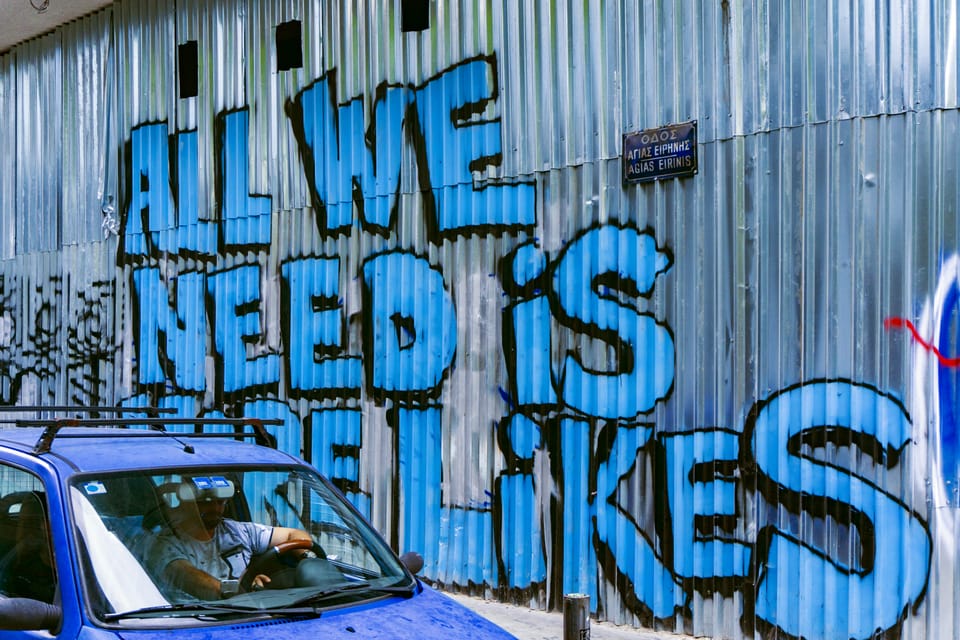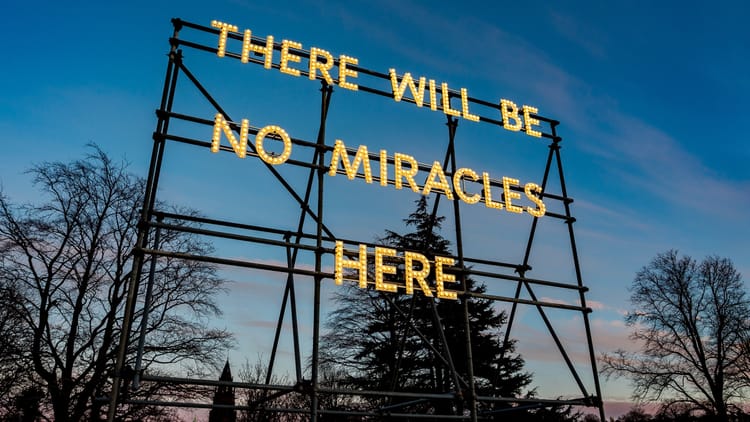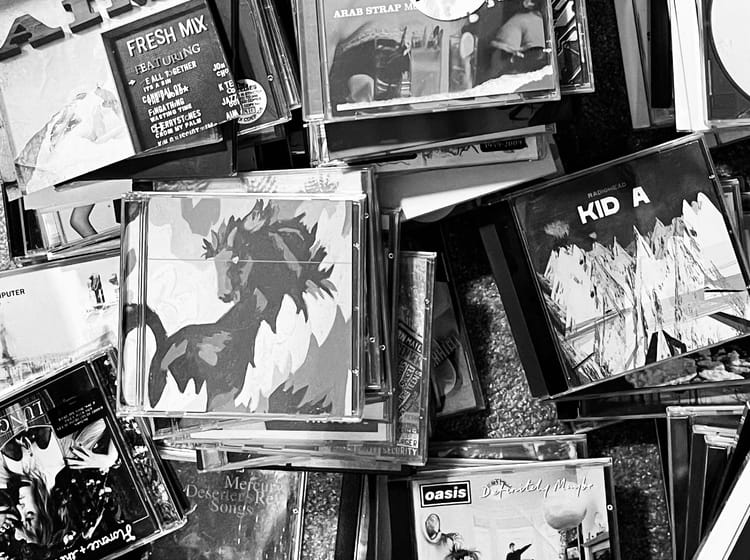Carelessness inc.

Like a moth to a flame, I could barely contain myself in the rush to download the audio version of Sarah Wynn-Williams' Careless People when it was published, seemingly out of the blue, a fortnight ago.
If you are a normal person don't happen to be a close follower of the comings and goings of the technology press, Wynn-Williams' book is a memoir of her seven years as a Facebook executive.
Its publication may have floated under the radar were it not for Meta's peculiar decision to make a song and dance about it, with utterly predictable results. It's almost like they don't really understand social media.
I found it a compelling, urgent listen. Perhaps its conclusions are unsurprising as it picks through the failings of Facebook/Meta's leadership. But in weaving together an array of personal experiences and company policy it shines new light on bad, sometimes awful, practice: the pursuit of growth and profit above everything else, the kowtowing to power and ego, the sheer negligence of it all.
The chapter on Myanmar is particularly devastating, documenting the savage real world consequences which result when you're effectively running a country's Internet provision, and just don't care.
What Zuckerberg & Co do care about is their own legacies, and one can only surmise that the scrappy attempts to shut down Careless People is to curb the tarnishing of those legacies.
Even if, as some have intimated, there are questions on the reliability of Wynn-Williams' narrative there's too much in here to simply brush off or disregard.
Coincidentally – or possibly because I'm a glutton for punishment – I've also spent the last couple of weeks reading Character Limit, Kate Conger and Ryan Mac's forensic reconstruction of Elon Musk's takeover of Twitter.
If you need further proof of why Musk definitively isn't the person to tackle government inefficiency, then you'll find countless examples of erratic, irrational, move-fast-and-break-things, decisions that serve nobody's interests and are almost always driven by spite or self-conceit.
Billions of dollars are spun up and recklessly spent, and employees are kicked to the kerb for the most frivolous of reasons. It would all be farcical if it wasn't sketching the blueprint for DOGE, and the disarray that's now ensuing.
Although Careless People and Character Limit are quite different types of book there's an undeniable truth they share (aside from both having excellent titles): the deep flaws of those in charge of the world's most powerful and influential technology companies.
"Mini-me Musks"
With such withering critiques, and carefully-catalogued evidence of damages, you might think people would pause to consider the merits of following suit.
Sadly no; carelessness is in vogue, and it seems to be catching. Disrupt and dismantle is the game everyone wants to play.
Brewdog founder and serial attention seeker James Watt – already with a swathe of carelessness to his name – has set up his own Musk-inspired Coalition for Organisational Reform & Government Improvement. Guido Fawkes is hammering the public sector with its UK DOGE headlines and half truths on X.
As Politico reports, there are a "flurry of mini-me Musks" popping up in the UK to try and emulate DOGE. It's the same story in Canada. Never mind that DOGE itself is far from living up to its haughty claims of slashing $trillions, as this article (one of many) illustrates.
If the Mini-mes weren't all so busy grifting, there's a chance they'd see the irony in setting up a bunch of new initiatives to essentially do the same thing. Maybe it's not so easy to gain efficiencies after all lads?
Careless obsessions
I can't help wondering if this desire for quick fixes, the aspiration to solve complex problems with simple, binary solutions is linked to the fetishisation of founder-led culture that prevails online.
LinkedIn has always been a hive of self-promotion, however I can't seem to doomscroll for more than a few posts without facing an assortment of so-called entrepreneurs, creators and pioneers intent on rewriting rules and revolutionising markets.
It's funny: if you compare the technology sector with, say, arts and culture you'd see they both contribute over £100 billion to the UK economy annually. But I don't see hordes of artists, musicians and poets waxing lyrical about how they can fix society's ills. Techbros on the other hand 🙄
Don't get me wrong, I have no problem with anyone who's brave enough to develop their own product or launch their own business, however I'm also long enough in the tooth (and have worked in enough different sectors) to know you can't simply apply the same rules from one place to another and expect everything to fall neatly into place. Bootstrapping a start-up isn't the same as transforming a bureaucracy.
And yet we have Zuckerberg pondering a presidential run, as if it's the natural order of things. Musk passing judgement on the role of government departments while misunderstanding the basics. The aforementioned Watt honking on about "billions wasted" while citing little-to-no evidence and thinking you make government function better by gumming it up with Freedom of Information requests.
If any of the above had spent meaningful amounts of time engaging with civil society, attending council meetings, sitting on charity boards, poring over legislation, volunteering at foodbanks, or working within the confines public sector employees have to deal with * every single day *, I'd be willing to cut them a tiny bit more slack. But nah, who's got time for that? Just fucking growth hack it mate.
Careless people and their coddled view of the world.
Let's end on a positive
While it's easy to mock bureaucracy from the sidelines, real innovation is happening all the time – among public servants who navigate complex systems, stretch limited budgets, and create meaningful change despite deep-rooted challenges and constant criticism.
I know stacks of passionate people working in and around existing constraints who are striving to develop sustainable solutions, find imaginative ways to solve problems, and keep essential services running.
This doesn't happen by haphazardly slashing and burning, or creating viral LinkedIn posts, but through genuine collaboration, deep institutional awareness, and a commitment to public good that transcends the shallow mentality of self-proclaimed saviours.
True progress comes from listening, understanding, and working within prevailing systems, not from attempting to disrupt without context or comprehensive knowledge.
Big up to all the folk who shun carelessness 🙌
Just for completeness, I've included the quote from F. Scott Fitzgerald's The Great Gatsby from where Careless People takes its name:
"They were careless people, Tom and Daisy—they smashed up things and creatures and then retreated back into their money or their vast carelessness, or whatever it was that kept them together, and let other people clean up the mess they had made…"





Member discussion